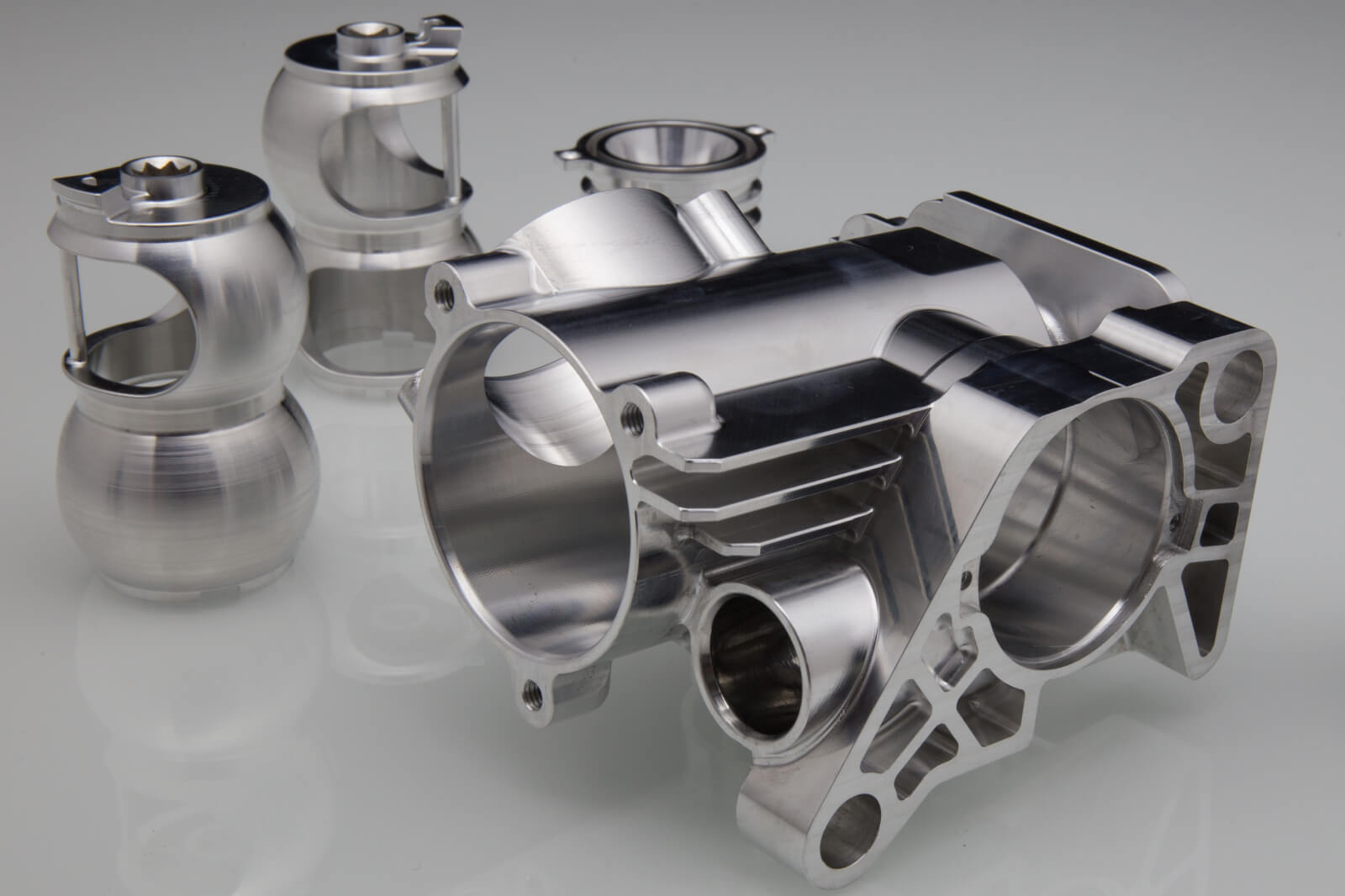As industries push towards higher standards and more complex demands, the role of skilled craftsmanship in driving manufacturing success cannot be overstated. Quality workmanship not only ensures that products meet specifications but also builds a strong foundation of reliability, customer satisfaction, and brand reputation, all of which are essential for sustained success in any manufacturing venture. At its core, quality workmanship is the embodiment of precision, attention to detail, and commitment to excellence. It reflects the expertise of the workforce, the effectiveness of processes, and the rigorous standards upheld throughout the production cycle. When manufacturers prioritize quality workmanship, they are investing not just in the product itself but also in the trust that customers place in their brand. This trust is critical; it differentiates manufacturers in a crowded marketplace and can be the deciding factor for customers who demand superior performance and durability.

One of the most significant advantages of embracing quality workmanship is the reduction of defects and rework. Manufacturing errors and product flaws can lead to costly delays, increased waste, and dissatisfied customers. By fostering a culture where quality workmanship is ingrained at every stage from design and prototyping to assembly and final inspection manufacturers minimize these risks. This proactive approach to quality control improves efficiency and ensures that each product leaving the factory floor meets or exceeds expectations. The result is a smoother production cycle, lower operational costs, and ultimately, higher profitability. Moreover, quality workmanship drives innovation. Skilled workers who take pride in their craft often identify opportunities for process improvements and product enhancements that automated systems or less experienced labor might miss. This hands-on expertise encourages continuous improvement and creativity, helping manufacturers stay ahead of industry trends and evolving customer needs. When combined with advanced online cnc service and quality management systems, workmanship becomes a powerful catalyst for innovation, enabling companies to develop cutting-edge products that set new standards in their field.
Additionally, emphasizing quality workmanship supports stronger partnerships with suppliers and clients. Reliable manufacturing practices reassure partners that timelines will be met and specifications adhered to, fostering long-term business relationships built on mutual confidence. For customers, quality workmanship translates to products that perform consistently well, reducing warranty claims and building loyalty over time. A reputation for quality workmanship can open doors to new markets and premium pricing, further reinforcing a manufacturer’s competitive position. In conclusion, letting quality workmanship drive your next manufacturing success story is not merely a goal it is a strategic imperative. It shapes how products are made, how customers perceive value, and how companies achieve sustainable growth. By investing in skilled labor, fostering a culture of excellence, and committing to rigorous standards, manufacturers can transform their operations and deliver exceptional products that resonate in the market. In this journey, quality workmanship is the compass guiding manufacturers toward lasting success, innovation, and distinction.
